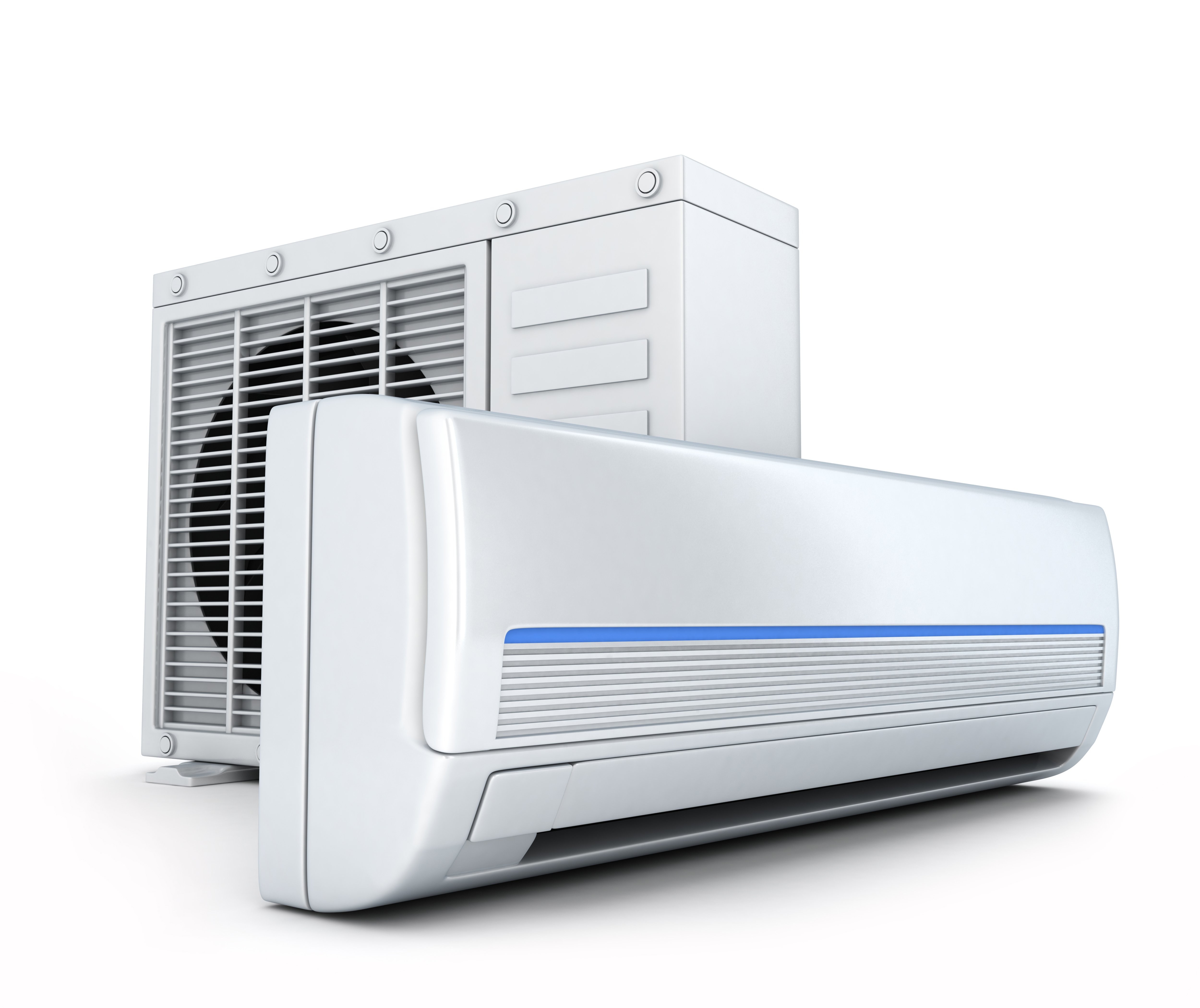As property owners gradually seek additional sustainable and cost-effective solutions for their heating and cooling needs, geothermal HVAC systems have risen as a compelling option. Such innovative systems utilize the earth's natural energy to provide simultaneous heating and cooling, offering a unique alternative to traditional HVAC setups. But are they justifiable the investment?
In this guide, we will delve into the basics of geothermal HVAC systems, analyzing how they operate and comparing their advantages and disadvantages. We will also discuss key considerations for homeowners thinking about this technology, as well as practical tips for maximizing efficiency and indoor comfort. Whether you are new to HVAC concepts or looking to upgrade your current setup, this guide will provide valuable insights into the benefits of geothermal energy in your home.
Comprehending Heating, Ventilation, and Air Conditioning Fundamentals

Heating, Ventilation, and Air Conditioning refers to heating, providing ventilation, as well as air conditioning, a system created to provide thermal comfort and acceptable quality of air indoors in home and commercial buildings. Understanding HVAC is essential for property owners and property managers alike, as it involves various components working together to control the environment within a location. The heating aspect typically includes heating units or heat pumps, while the cooling is provided by air conditioning systems. Ventilation is key for ensuring that clean air circulates, which can also help in controlling humidity and enhancing the quality of air indoors.
Each part of an HVAC system has a distinct role in keeping a pleasant atmosphere. my response heating elements mechanisms, whether gas, electricity, or geothermal energy, warm the space during chilly months. Air conditioning units cool the space in the summer months, typically using cooling agents to absorb heat from the indoor air. Proper ventilation setups are vital for eliminating contaminants and securing a steady airflow, thereby contributing to a healthier living environment. Knowing how these elements interact can help users diagnose issues and value their importance.
To maximize the HVAC systems, understanding of their operation and upkeep is necessary. Regular upkeep activities, such as changing air filters and scheduling professional inspections, can prevent frequent issues and prolong the system's lifespan. Property owners should also be conscious of energy-saving standards and the potential benefits of upgrading intelligent systems, which can lead to large savings on energy bills. Familiarity of these systems basics not only enhances comfort but also encourages a proactive approach to home management.
HVAC Maintenance Essentials
Consistent maintenance is vital for maintaining your HVAC system running effectively and extending its lifespan. A well-maintained system not only provides maximum heating and cooling but also reduces the risk of unexpected breakdowns. Begin with regular inspections to look for possible wear and tear. Replace or clean air filters every 1-3 months, depending on usage patterns and filter type. Fresh filters boost airflow and indoor air quality, which can assist in reducing allergies and health issues.
In parallel to regular filter maintenance, ensure that the outdoor unit is free of debris and vegetation. This allows for sufficient airflow and stops overheating. Scheduling seasonal tune-ups with a certified technician can also catch potential problems that might lead to significant repair costs down the line. During these inspections, technicians typically inspect refrigerant levels, maintain evaporator and condenser coils, and ensure that all wiring components are working as intended.
Lastly, be sure to track your system's performance throughout the season. Keep an eye on unusual noises or changes in efficiency, and resolve any issues promptly. This preventative approach ensures that not only the longevity of your HVAC system but also helps maintain a comfortable indoor environment while maybe lowering your energy bills.
Exploring Earth-based Options
Geo-thermal HVAC systems exploit the stable heat located below the Earth's surface to offer effective heating and cooling for houses and enterprise facilities. By employing a series of underground pipes, these systems exchange heat with the ground, substantially lowering the energy necessary for indoor climate control. This alternative energy source merely encourages sustainability but also provides long-term cost savings on energy bills, turning it an alluring alternative for eco conscious consumers.
One of the key pros of geothermal systems is their performance. Compared to traditional heating and chilling techniques, geo-thermal systems can be up to four times more effective, as they transfer heat rather than produce it. This effectiveness translates to lower utility costs and a lowered carbon footprint, which is appealing in an era of increasing energy prices and growing awareness of environmental change. Additionally, geo-thermal systems generally require less maintenance than traditional HVAC units, adding to their long-term reliability and performance.
Nonetheless, the upfront investment for geo-thermal HVAC systems can be substantial, due to the costs linked with setup and the necessary ground loops. Homeowners must weigh the initial expense against potential energy savings and government incentives for renewable energy systems. Over time, the return on investment can turn geothermal systems worthwhile, particularly for those intending to remain in their houses for many years. As technology improves and costs slowly decline, geothermal HVAC options will probably become even more feasible for a wider audience.
